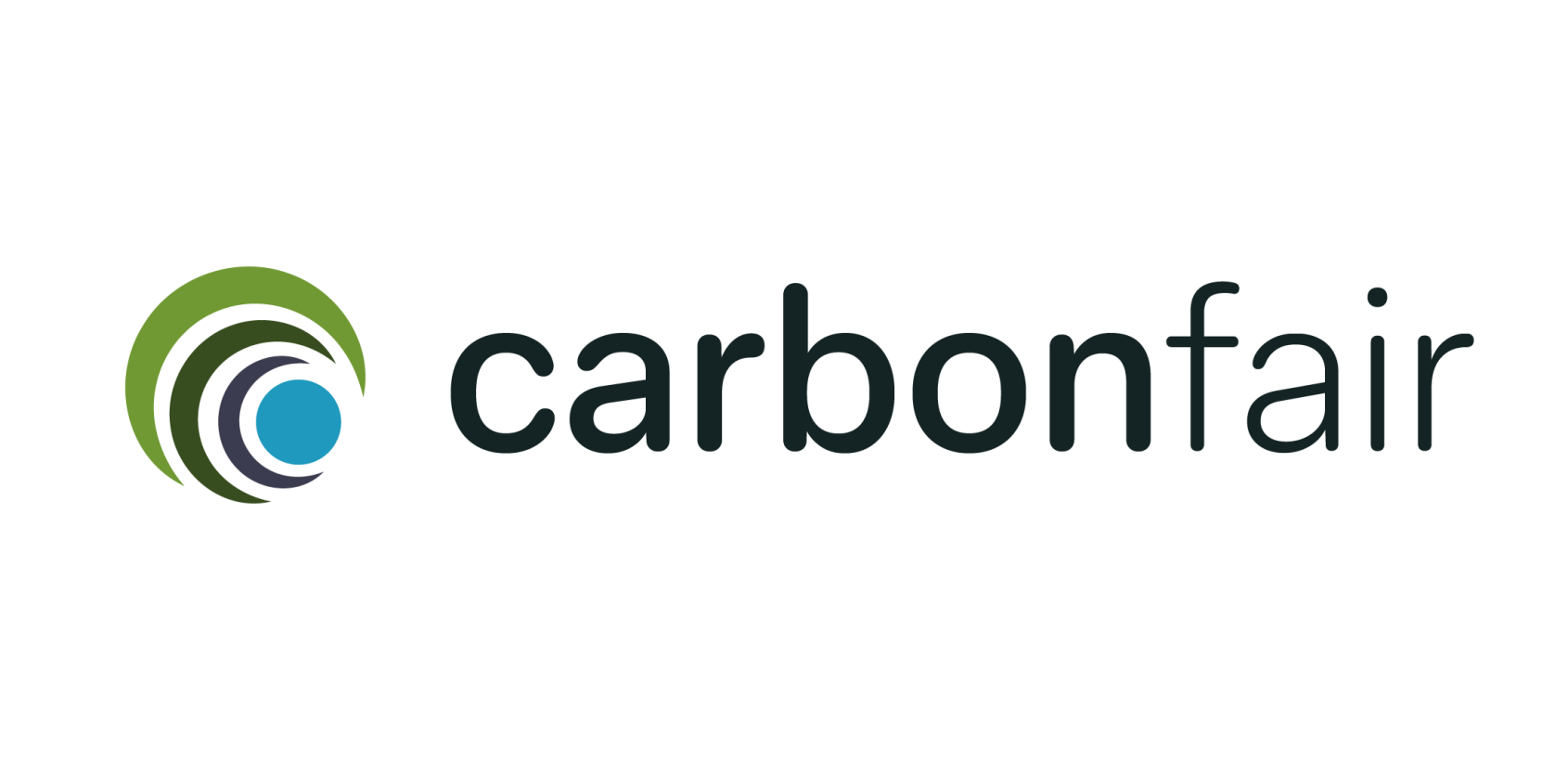Projects with Scientifically Verified Carbon Credits
All projects registered on the Carbonfair platform follow the Verra Verified Carbon Standard (VCS) and Carbonfair Standard (CFS) standards, and are certified and verified by nationally and internationally recognized companies and research institutes. See more in About Us. Additionally, we work with projects eligible for verification or already verified by the following carbon market standards: American Carbon Registry (ACR), Climate, Community and Biodiversity (CCB), Gold Standard (GS), Clean Development Mechanism (CDM), Social Carbon (SC), and Verified Carbon Standard (VCS).
What types of projects do we support?
1
AGRICULTURE, FOREST, AND LAND USE
Regenerative Agriculture and Agroforestry, forest restoration with native species, REDD+ and other AFOLU projects (Agriculture, Forests and other land use).
2
ENERGY
Renewable Biomass, Small Hydro Power Plant, Methane for Energy, Energy Efficiency, Efficient Stoves, and Fuel Switch.
3
WASTE
Recycling and/or reuse, Composting, Biogas digesters, Water purifiers, and Other waste management projects.


How can I know if the projects are of high quality?

Carbonfair supports specific carbon offsetting standards that ensure transparency and quality in the creation, quantification, and verification of offset projects. These standards require that offsets be real, additional (i.e., would not have occurred in a “business as usual” scenario), permanent, quantifiable, never counted or sold twice, and independently verified. Currently, we only use the ACR, CCB, CFS (Carbonfair Standard), GS, CDM, SC, and VCS standards. See more details in About Us.
